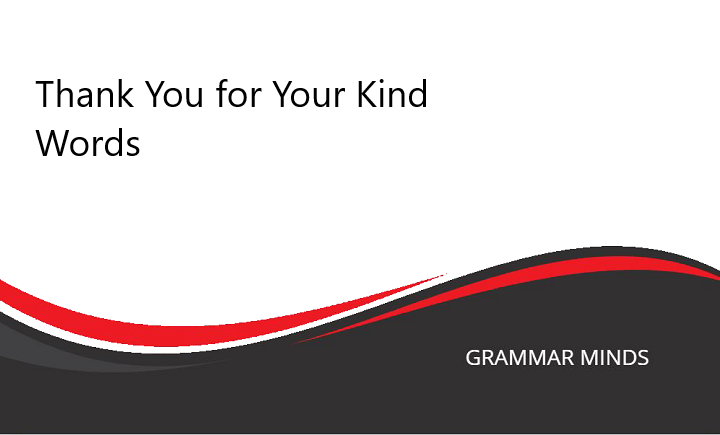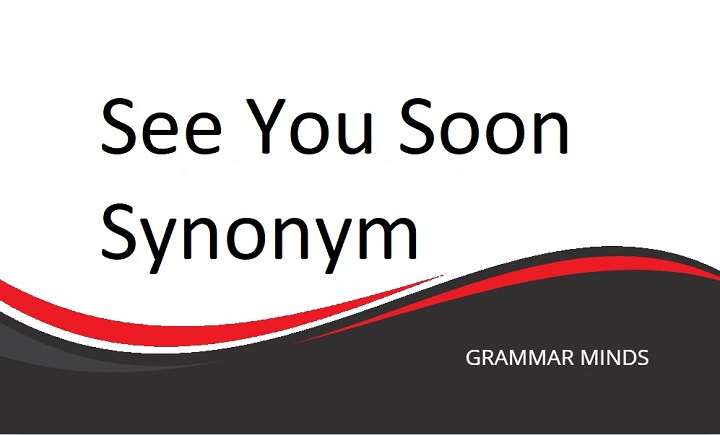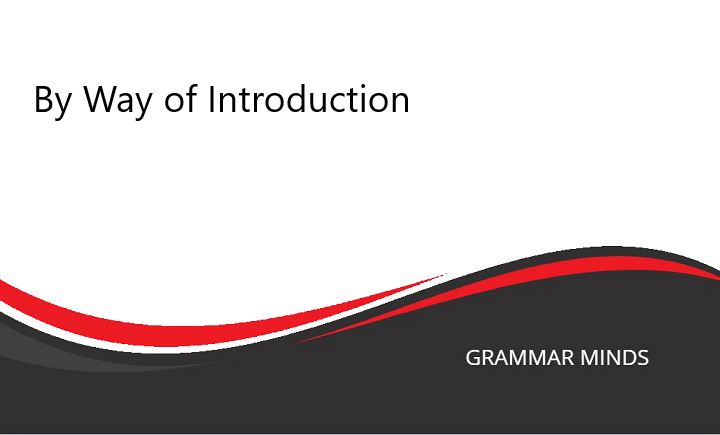In our daily communication, both in personal and professional settings, expressing gratitude plays a crucial role in maintaining healthy relationships and fostering positivity. One common phrase that we often find ourselves using is “thank you for your kind words.” While this is a heartfelt and polite expression, over time, it can start to feel repetitive, especially when you use it frequently. Whether you’re responding to compliments, encouragement, or positive feedback, finding more varied ways to express your gratitude can make your responses feel more thoughtful and engaging.
Do you find yourself using the phrase “thank you for your kind words” repeatedly? Have you grown tired of this repetitive expression when communicating in your professional or personal life?
Don’t worry! We’ve compiled a handy list of alternative phrases that you can use to mix things up and sound more varied in your conversations. In this article, we’ll explore different alternatives for expressing gratitude, which you can tailor to various contexts, be it formal or informal, written or spoken.
Other Ways to Say “Thank You for Your Kind Words”
Variety is the spice of life, and changing up the way you express gratitude can leave a lasting impression. Below is a list of alternative phrases to “thank you for your kind words,” which will help you add a touch of variety to your responses:
- I truly appreciate your thoughtful words.
- Your words mean a lot to me.
- I’m grateful for your kind feedback.
- I sincerely value your support and encouragement.
- Your kindness is deeply appreciated.
- I can’t thank you enough for your kind remarks.
- Your compliment brightened my day.
- It means so much to me that you think so highly.
- I feel humbled by your generous words.
- Your thoughtful words really moved me.
Key Notes
“Thank you for your kind words” is grammatically correct and suitable for both formal and informal situations. However, it can sometimes feel a bit basic. Depending on the context, you might want to choose alternatives that reflect your personality or the relationship with the person you’re communicating with.
- You can use “I truly appreciate your thoughtful words” for formal situations, especially in professional emails or meetings.
- “Your words mean a lot to me” is a great informal alternative to “thank you for your kind words” for close friends, family members, or colleagues you know well.
Keep reading to discover how to use these phrases in both formal and informal situations, and see real-life examples of how they can be applied.
I Truly Appreciate Your Thoughtful Words
Usage: If you’re looking for a more formal way to say “thank you for your kind words,” try using “I truly appreciate your thoughtful words.” This alternative adds a touch of sophistication, making it ideal for professional environments such as emails or meetings.
Example (in an email):
Dear Sarah,
Thank you for your assistance on the recent project. I appreciate your efforts and look forward to continuing our collaboration.
I truly appreciate your thoughtful words and support during this process.
Best regards,
James Thompson
This phrase emphasizes a sense of gratitude while maintaining professionalism, making it perfect for work settings or formal interactions.
Your Words Mean a Lot to Me
Usage: A more informal alternative to “thank you for your kind words” is “Your words mean a lot to me.” This phrase works well in conversations where you are speaking to people you are already familiar with, such as friends or family.
Example (in conversation):
Hey Sam,
Thanks for your encouragement today! Your words mean a lot to me, and I’ll catch up with you soon.
This casual phrase expresses genuine gratitude without sounding overly formal, perfect for personal conversations with friends or close colleagues.
Is It Correct to Say “Thank You for Your Kind Words”?
Yes! “Thank you for your kind words” is grammatically correct and suitable for both formal and informal settings. It’s a versatile phrase that can be used in professional emails, conversations with colleagues, or casual chats with friends. The phrase is polite and effective in showing appreciation, but using it repeatedly can feel monotonous. To avoid this, it’s a good idea to have a range of expressions at your disposal.
Other Alternatives for “Thank You for Your Kind Words”
Besides the core alternatives we’ve listed above, here are a few more options to add diversity to your gratitude expressions:
- I sincerely appreciate your generous feedback.
- Your kind words have made my day.
- It means the world to me to hear such thoughtful feedback.
These variations can add a touch of personalization to your responses, making your gratitude sound more authentic and heartfelt.
I’m Grateful for Your Kind Feedback
Usage: For a simple yet effective way to replace “thank you for your kind words,” you can say “I’m grateful for your kind feedback.” This phrase is well-suited for both formal and semi-formal contexts and can be used in written or spoken communication.
Example (in an email):
Dear Alex,
Thank you for your suggestions on the new marketing strategy.
I’m grateful for your kind feedback and will be implementing some of your ideas into our next phase.
Best regards,
Linda Rivera
This expression shows gratitude while emphasizing the value of the person’s input, making it especially useful in professional settings.
I Sincerely Value Your Support and Encouragement
Usage: If you want to emphasize the emotional aspect of the gratitude, “I sincerely value your support and encouragement” is an excellent choice. It works well when the person has provided more than just positive words, but also emotional or practical support.
Example (in conversation):
Hey Jessica,
I really appreciate you being there for me. I sincerely value your support and encouragement during this challenging time.
This phrase expresses not only gratitude but also a deeper sense of appreciation for ongoing support.
Your Kindness is Deeply Appreciated
Usage: For a formal, professional setting, “Your kindness is deeply appreciated” is a good option. It conveys a more profound level of gratitude, making it ideal for important communications.
Example (in an email):
Dear Mr. Anderson,
I wanted to take a moment to acknowledge your recent feedback.
Your kindness is deeply appreciated, and I’m grateful for your time and insights.
Warm regards,
David Williams
This is an excellent phrase for situations where the person has gone out of their way to offer assistance or support, making your response feel thoughtful and considerate.
Also Read:
How to Write a Polished “Received with Thanks” Email: Alternatives and Tips
In conclusion, “thank you for your kind words” is a perfectly acceptable and grammatically correct phrase, whether you’re using it in a formal or informal setting. However, the alternative phrases provided in this article will help you diversify your vocabulary and communicate more effectively in different contexts. From professional emails to friendly conversations, mixing up your responses can add a personal touch and leave a lasting impression.
Remember, you don’t always need to stick to one expression. Use these alternatives to show gratitude in more meaningful ways and tailor them to fit the context of the conversation. Whether you’re writing a thank you note to a colleague or expressing appreciation to a friend, having a range of phrases at your disposal will ensure your words remain fresh and impactful.







